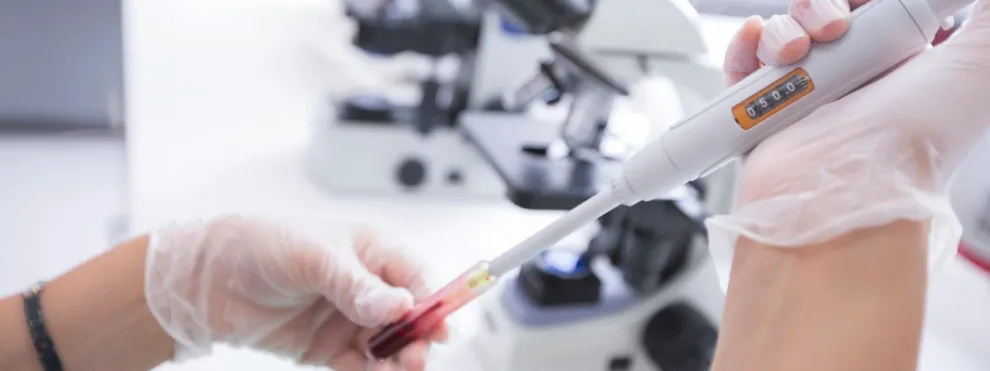Memory is a characteristic of the immune system that provides humans and other vertebrates with long term protection against infectious diseases and other “non-self” antigens such as those associated with tumor cells. In the context of T cells, memory responses occur when a naïve T cell encounters an antigen bound to a major histocompatibility complex molecule and is activated to undergo differentiation into an effector cell or a memory cell. Memory T cell populations can persist in the body for months to years and can be stimulated to respond specifically and rapidly to a foreign antigen upon re-exposure.
Assessment of memory T cell responses is integral to clinical trials that assess vaccine candidates for different infectious diseases and tumors. Flow cytometry is one of the best ways to assess memory responses in clinical trials. Validated assays can be developed to measure the frequency of multiple memory cell types that respond to a specific vaccine in a single experiment. These customized flow cytometry assays can be run multiple times throughout a clinical trial and can even be run at several sites using assay harmonization.
Multiple memory T cell subsets have been characterized in recent years. During clinical trials, central memory T cell (Tcm) and effector memory T cell (Tem) are two subsets that are typically monitored. Each subset has a unique biomarker profile, and this profile differs from that observed on naive T cells, which makes flow cytometry an ideal assay for monitoring the frequency and functional aspects of these cell subsets. Tem cells are potent effector cells with cytolytic functions that are found in the circulation and are critical to immune surveillance but do not proliferate well. In contrast, Tcm cells are typically found in lymphoid tissue and can proliferate rapidly and differentiate into Tem cells.
Memory T cell evaluation is critical to assessing durable responses to vaccines. Consider using a customized validated flow cytometry assay for your next clinical trial.
{{cta(‘6518cb16-c7df-453f-bb9b-07d0c58f1143′,’justifycenter’)}}

